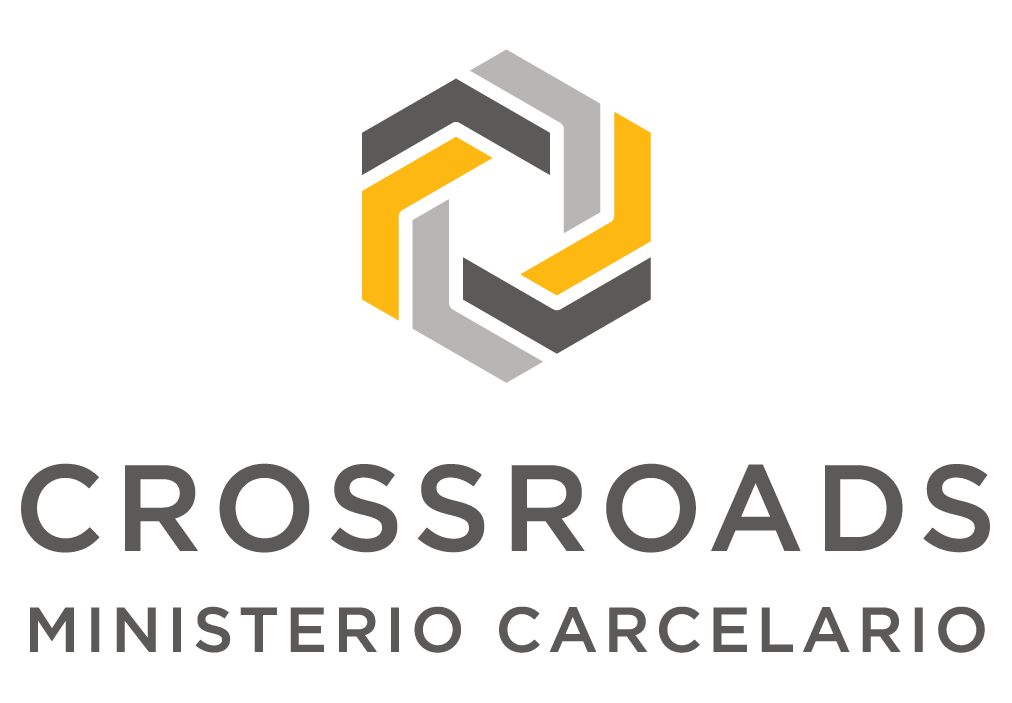 CBI is following the Floridians for a Fair Democracy campaign, which aims to restore voting rights to formerly incarcerated Floridians. As part of this initiative, Nicolette Chambery, Crossroad’s advocacy coordinator, recently spoke with Ms. LaShanna Tyson. Crossroad is proud to offer reentry resources to returning citizens such as LaShanna and to advocate for the restoration of their voting rights.
CBI is following the Floridians for a Fair Democracy campaign, which aims to restore voting rights to formerly incarcerated Floridians. As part of this initiative, Nicolette Chambery, Crossroad’s advocacy coordinator, recently spoke with Ms. LaShanna Tyson. Crossroad is proud to offer reentry resources to returning citizens such as LaShanna and to advocate for the restoration of their voting rights.
When a colleague encouraged me to contact Ms. LaShanna Tyson to hear her story, I reached out to her and set up a time to talk. Despite my piqued interest, I was unprepared for the conviction I would feel as a result of our upcoming conversation, or the renewed sense of pride I would have about Crossroad’s efforts to restore the right to vote to over 1.5 million individuals living in Florida who currently cannot exercise this civic right.
I spoke with LaShanna within a few days of making contact. As LaShanna shared her story with me, I learned that she is a proud mother of three who was incarcerated for thirteen years. Upon her release, she earned her real estate license and is currently attending school full time to attain a degree in paralegal studies.
LaShanna described in detail her time in prison and the valuable relationships she formed with the women she encountered behind bars. One by one, LaShanna said, these women were released with their eyes full of possibility, only to return to prison several months later bereaved of hope by their inability to gain employment, locate housing or identify the resources they needed to successfully reintegrate into society.
LaShanna’s post-incarceration trials included a long battle to gain eligibility for in-state tuition, even though she had been a resident of Florida her entire life. Finding housing was also a difficult and discouraging process, even for a woman who posed no threat to public safety and had a stable income.
A turning point in our conversation came with a break in her voice as LaShanna told me about her decision to gather the materials about grief she’d received from her family and send them to the victim’s family. Against advice to the contrary, LaShanna called the brother of the victim to apologize and give him an opportunity to express his loss to her.
She told me about the day she chose to turn herself in to authorities—knowing she faced a lengthy sentence—because she wanted to set an example for her young children (then ages six, seven and eight). She did all of this with the hope that she might one day have a chance to start over.
I was moved by LaShanna’s efforts to rectify her past wrongdoing and by the selfless disregard of her freedom that she exercised to accomplish this goal. Her attitude was unlike any I’d encountered as she expressed profound gratitude for the years she spent in prison and the opportunity it gave her to reset her priorities and begin anew after her release.
There is much work to be done to equip returning citizens like LaShanna with the resources they need to assimilate back into public life, and even more work remains to dispel the stigma of incarceration and the justification of lesser treatment toward those with a criminal conviction.
I am thankful for a job that affords me the opportunity to meet people like LaShanna and share their stories with the faith community. It reminds me that it is precisely in our brokenness that the God of grace amends our lives and restores us to an upright posture of purity and purpose.
It is our duty to continue His work of redemption here on earth. What better way to start than by returning LaShanna’s and others’ right to vote and inviting their invaluable voices to rejoin our democracy.


